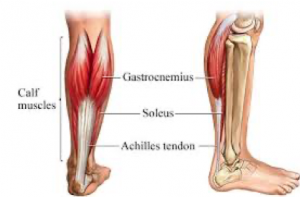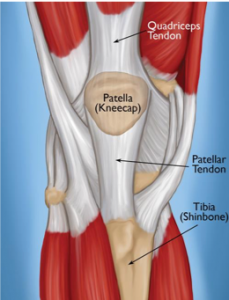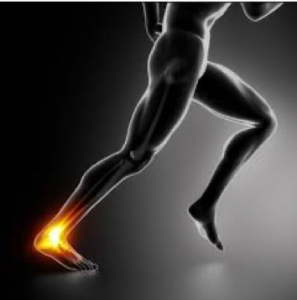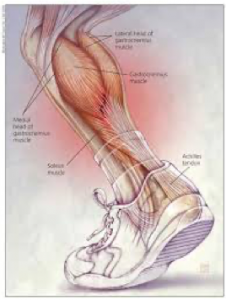What is a tendon?
A tendon is made of connective tissue and attaches a muscle to bone. For example, the Achilles tendon attaches the muscles in the calf (gastrocnemius and soleus) to the back of the heel bone (calcaneus). They have a relatively limited blood supply, which means that they recover at a slower rate than muscle and bone (no quick fixes here!).

What does it do?
Other than serving as a form of attachment from muscle to bone, tendons have an active role in transferring the force of a muscular contraction to the bone to create movement, they provide information on where that part of the body is in space to the central nervous system, provide elastic storage and energy release.

What injuries can occur?
Tendinopathy – Is pain or pathology of a tendon.
Paratendinitis – Inflammation of the covering of the tendon (different to tendinopathy).
Tendon Rupture – Complete or partial tears of the tendon.
Enthesopathy – Injury to the portion of the tendon that connects directly to the bone (is common in some forms of arthritis including Rheumatoid Arthritis).
NOTE: ‘Tendinitis’ (inflammation of a tendon) and ‘tendinosis’ (degeneration of a tendon) are NOT viable terms to explain pain of a tendon!
Let’s focus on tendinopathies!
Tendons like heavy loads that are slow and controlled, but not those that are faster (jumping repetitively)! The current research suggests that the best way to help a tendinopathy recover is to adapt the tendon to a heavy tolerable load that is slow and controlled (e.g. heavy seated calf raise holds for Achilles tendinopathy). Sounds different? Well tendons are different and should be managed accordingly!

Which tendons can be affected?
Any! However, some more common tendons are the Achilles, patellar, gluteal, hamstring, rotator cuff and biceps to name a few.
When are tendinopathies sore?
The general pattern for tendinopathies is pain initially to start an activity (e.g. running), gets better as you go, pain once finished and pain later that day and/or the next day.

What do I do about my sore tendon?
These injuries are common but very tricky to manage! It is very important to seek professional help with these issues as they often can become long-term issues if not addressed.
See your us at Ranges Osteopathy and Performance for the best and most current management of these injuries.